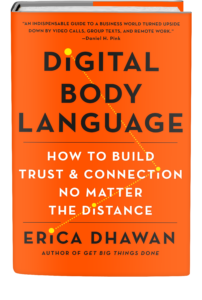Last week, LIGHTs fellows greeted our first guest, Bill Rodriguez, an inspiring global health entrepreneur with a diverse background in medicine, for-profit companies, and nonprofit organizations. Bill recently cofounded a company with Mehmet Toner called Daktari, which produces a new type of CD4 counter for HIV diagnostics that is portable and practical for use in the field. Previously, Bill Rodriguez was the Clinton Foundation’s Medical Officer and he led research in global health diagnostics at Harvard Partners AIDS Research Center at MGH.
Our conversation started with interest in Bill’s startup company, Daktari, which currently has $2.8 million in Series A funding. They aim to roll out in three, then seven, followed by thirty countries. Currently Daktari has a central manufacturing plant, but they plan to localize production when the capacity is available in each country. His vision for sustainability is focused on “making small margins on high volumes rather than high margins on small volumes.” He also discussed the importance of venture capital and the need for more patient capital in the social enterprise space to address global health issues. Bill Rodriguez is a true role model for LiGHTs fellows for applying science to practice and using for-profit enterprise to alleviate social problems. We look forward to support Daktari and Bill’s efforts in the future!

